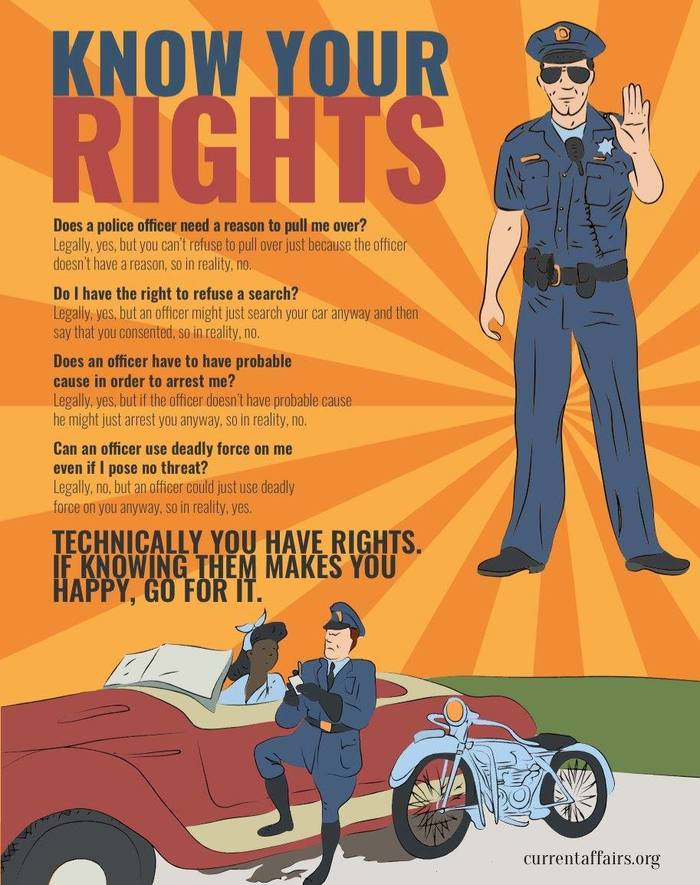Formerly Great Britain is known for having passed pretty much every kind of weapons control law on the books. According to believers in law, this should make Britain one of the safest places on earth. But that’s not the case. Britain still suffers from a not insignificant number of murders committed with weapons:
London has endured a significant increase in knife crime, with 15 dying in February, nine of whom were aged 30 or younger. Meanwhile 14 were killed in the Big Apple.
London also suffered 22 fatal stabbings and shootings in March, higher than the 21 which took place in New York, according to the report in the Sunday Times.
Both cities have populations of similar sizes which are around 8.5 million people. While New York City’s murder rate has gone down – decreasing by around 87 per cent since the 1990s – the Big Smoke’s has simultaneously surged. London’s has increased by nearly 40 per cent in the space of three years alone – not including deaths caused by terrorist attacks.
How can this be? Simple, laws are irrelevant. Britain may have passed a bunch of laws heavily restricting both knife and firearm usage but those laws are nothing more than words on pieces of paper. If an individual wants to stab somebody with a knife or shoot somebody with a gun, the laws prohibiting them from doing so cannot physically stop them.
Many people make the mistake of believing that they don’t have to have a means of defending themselves so long as laws prohibit other people from possessing weapons. They never stop to consider the fact that physically attacking somebody is already against the law throughout most of the world yet people still do it. Logically speaking, if individuals can act in spite of one law, then they can act in spite of any other law. That means that no matter what laws exist on the books, you need to have a plan to defend yourself, even against weapons that are illegal to possess.
